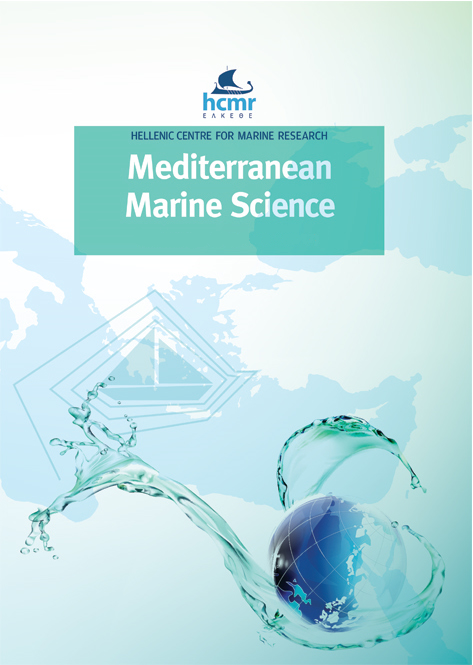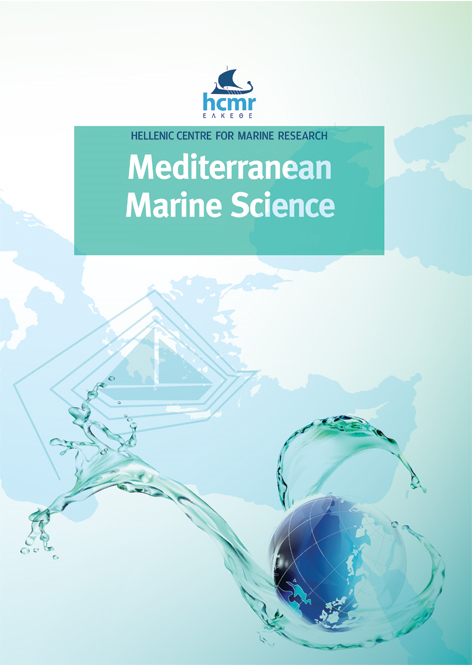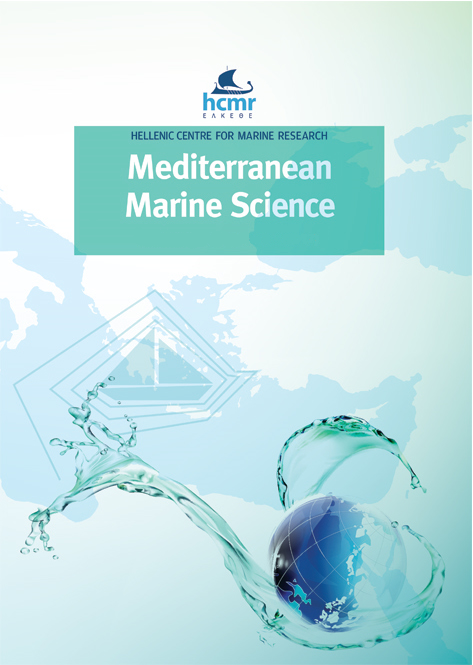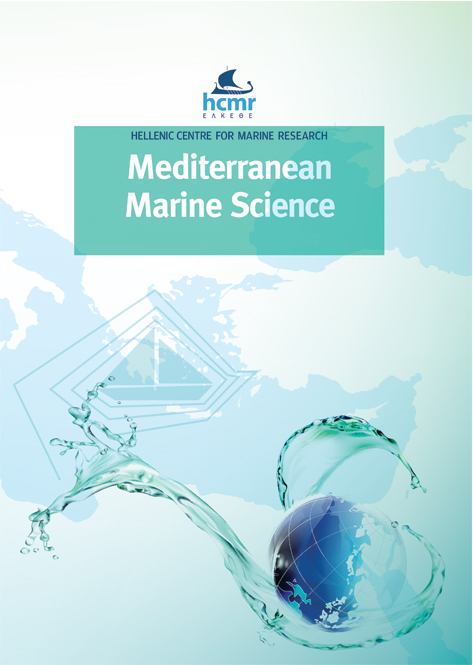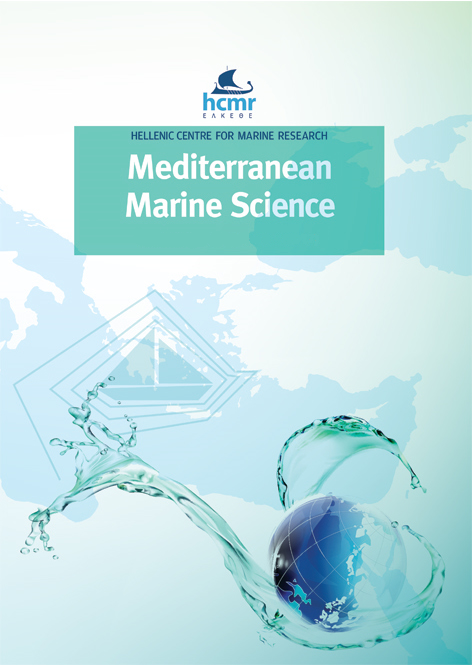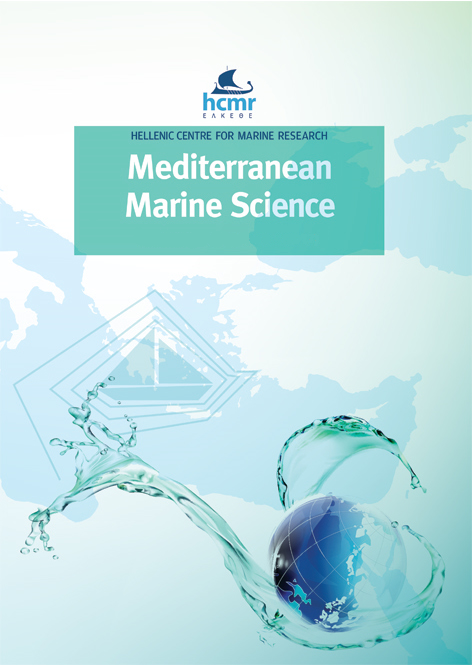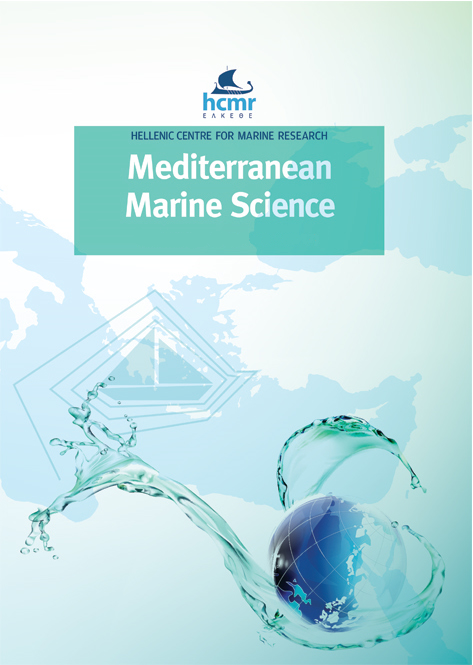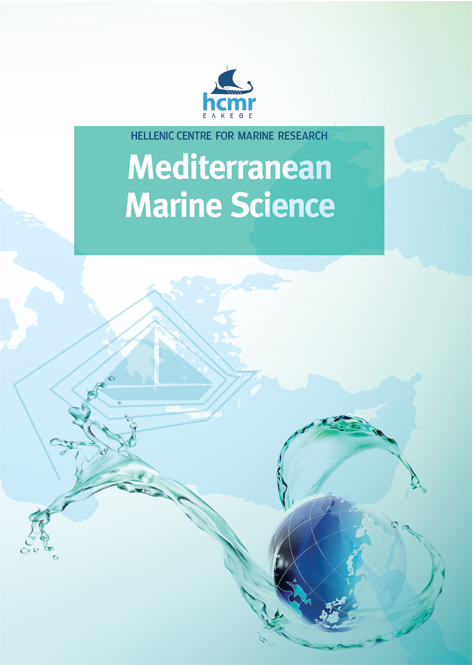Pinna nobilis refugia breached: Ongoing Mass Mortality Event in the Gulf of Kalloni (Aegean Sea)
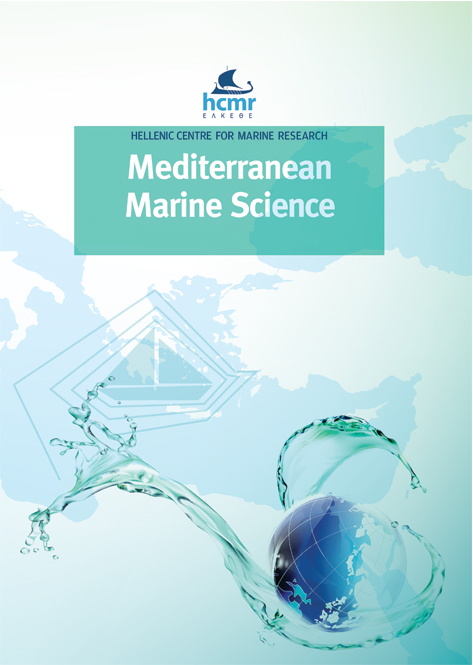
Περίληψη
The endemic Mediterranean fan mussel Pinna nobilis is on the brink of extinction due to an infectious disease that has caused an ongoing Mediterranean Mass Mortality Event (MME) since 2016. Currently, healthy P. nobilis populations can only be found in a few refuges, mainly transitional waters such as coastal lagoons and estuaries. In the eastern Mediterranean, the only remaining fan mussel population is located in the Gulf of Kalloni (Lesvos Island, Greece). This study reports on a severe mortality event that occurred during summer 2023, leaving the population decimated and limited mainly to young individuals. The estimated density of live individuals dropped from 1.22 to 0.23 individuals per 100 m², indicating an 81% population decline within approximately three months. The significant reduction in the P. nobilis population in the Gulf of Kalloni highlights the ongoing threat of MMEs. Continuous monitoring of P. nobilis and environmental variables, such as temperature and salinity, enhanced protection from anthropogenic pressures, and research into disease resistance mechanisms are crucial for the conservation of this critically endangered species.
Λεπτομέρειες άρθρου
- Πώς να δημιουργήσετε Αναφορές
-
NIKOLAOU, A., PAPADIMITRIOU, E., KIOURANI, E., & KATSANEVAKIS, S. (2024). Pinna nobilis refugia breached: Ongoing Mass Mortality Event in the Gulf of Kalloni (Aegean Sea). Mediterranean Marine Science, 25(3), 747–752. https://doi.org/10.12681/mms.38613
- Ενότητα
- Short Communication
Authors who publish with this journal agree to the following terms:
- Authors retain copyright and grant the journal right of first publication with the work simultaneously licensed under a Creative Commons Attribution Non-Commercial License that allows others to share the work with an acknowledgement of the work's authorship and initial publication in this journal.
- Authors are able to enter into separate, additional contractual arrangements for the non-exclusive distribution of the journal's published version of the work (e.g. post it to an institutional repository or publish it in a book), with an acknowledgement of its initial publication in this journal.
- Authors are permitted and encouraged to post their work online (preferably in institutional repositories or on their website) prior to and during the submission process, as it can lead to productive exchanges, as well as earlier and greater citation of published work (See The Effect of Open Access).





